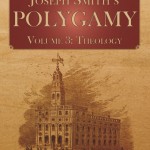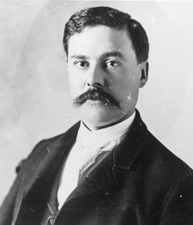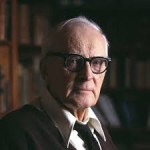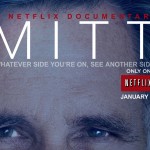Yesterday, the Federal District Court for Utah ruled that Utah polygamy laws violated the free exercise clause of the First Amendment.
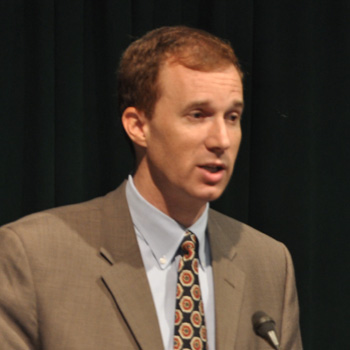
District Judge Clark Waddoup, in his ruling, addressed the 1878 Reynolds v. United States Supreme Court case which determined that religious duty is not a defense against criminal charges. Specifically, it is not a defense against anti-polygamy laws.
In the ruling, Judge Waddoup cited Nate Oman. Oman is the Cabell Research Professor of Law at William and Mary Law School. The ruling cites a 2011 law review article that Oman wrote about the Reynolds decision. Footnote 11 on page 11 of the ruling summarizes Oman as follows:
See, e.g., Nathan B. Oman, Natural Law and the Rhetoric of Empire: Reynolds v. United States, Polygamy, and Imperialism, 88 WASH. U. L. REV. 661 (2011) (arguing that in response to Mormons’ natural law reasoning in support of polygamy, the Supreme Court in Reynolds took an approach rooted in “nineteenth-century ideals of progress and imperialism that were replacing the earlier, eighteenth-century ideals of universal reason and natural law” by “implicitly liken[ing] the federal government to the British Raj, bringing civilization through law to a benighted race” and using “the rhetoric of imperialism to reject [the Mormons’ natural law] arguments, tapping into international narratives of racial hierarchy and the progress of civilization,” an approach consistent with and possibly signaling a prelude for, American “imperial adventures at the turn of the [twentieth] century”).
In the following video clip, Oman explains in accessible terms the Reynolds decision and some of the political and legal tensions surrounding Mormon polygamy in the late 19th century and early 20th century.
This clip comes from a panel titled “Religious Minorities and Religious Freedom: The Cases of Muslims and Mormons.” The panel was part of a larger conference titled “Which Model, Whose Liberty?: Differences between the U.S. and European Approaches to Religious Freedom” which was held at the Berkley Center for Religion, Peace, and World Affair at Georgetown University.


